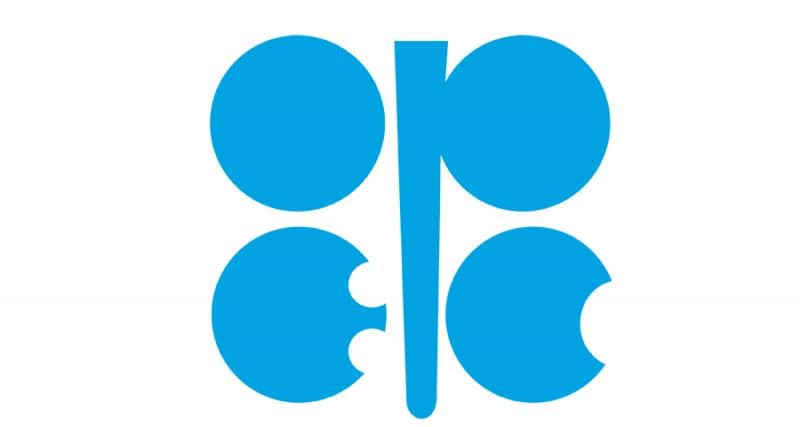PARIS: An oil production shortfall in Iran and Venezuela may force OPEC and Russia to decide later this month to open their taps, the International Energy Agency said Wednesday.
Even if the supply gap, triggered by the U.S. reimposition of sanctions on Iran and a political crisis in Venezuela, is plugged, the oil market will likely remain vulnerable to disruption next year, the IEA added.
Traders are holding their breath for the June 22 meeting of oil ministers from OPEC member states in Vienna.
OPEC and Russia decided in 2016 to cut their supply in order to push prices up following a crash in prices induced by a global crude production glut.
But the Paris-based IEA, echoing statements from oil producers as well as analyst comment in recent weeks, said there may be a change to the so-called Vienna agreement.
“We have looked at a scenario, not a forecast, showing that by the end of next year output from these two countries [Venezuela and Iran] could be 1.5 mb/d [million barrels per day] lower than it is today,” it said in a report.
“To make up for the losses, we estimate that Middle East OPEC countries could increase production in fairly short order by about 1.1 mb/d and there could be more output from Russia on top of the increase already built into our 2019 non-OPEC supply numbers,” it added.
The IEA meanwhile warned that whatever the outcome of the meeting, “the market will be finely balanced next year, and vulnerable to prices rising higher in the event of further disruption”.
It added: “We support all efforts to minimize supply disruptions that, as history shows us, are not in the interests of either producers or consumers.”
AFP

